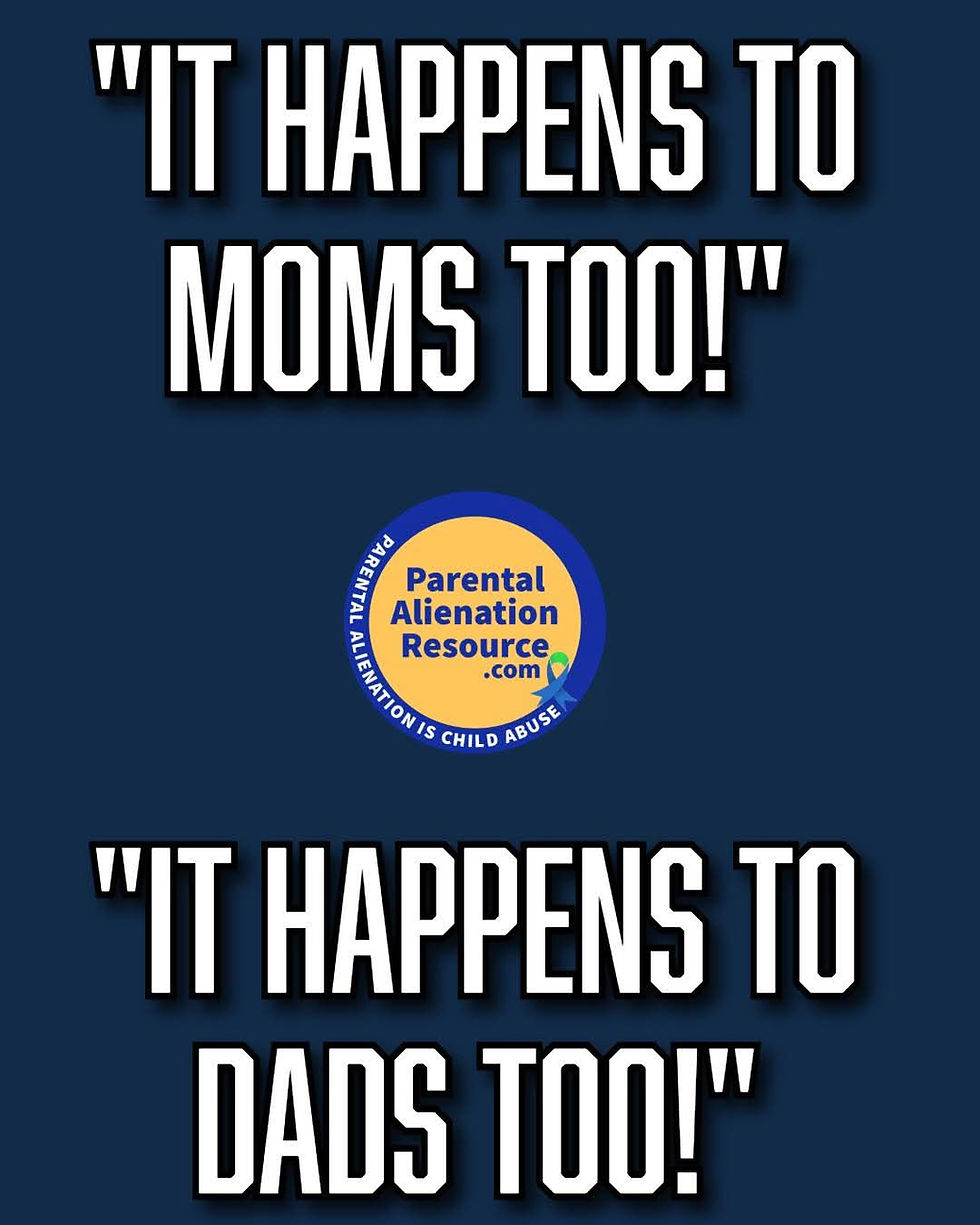Therapy-Speak, Alienation, or a Field Guide to Hidden Control?
- Jul 30, 2025
- 2 min read
In today’s custody culture, one of the most dangerous tools in the alienator’s toolkit isn’t yelling or overt threats, it’s language.
Soft, clinical, “trauma-informed” language.
Words like “support,” “safety,” “decompression,” “reunification,” and “transition support” are often weaponized by high-conflict parents to control narratives, silence the targeted parent, and confuse the professionals watching from the sidelines.
This is what we call therapy-speak, when the vocabulary of healing is used not to help a child, but to dominate them.
❝ While the safe parent focuses on reconnecting, decompressing, and supporting the child’s transition… ❞
Sounds virtuous, right?
But for those of us who know how alienation works, this sentence is loaded with red flags.
Alienating parents have mastered optics. They understand how to speak the language that courts and therapists want to hear.
They cry in the right moments. They express concern. They talk about “trauma.” But behind the curtain, they’re manipulating the child’s mind like a script.
And when professionals question it? They’re accused of being “uninformed about trauma,” or “triggering the child’s nervous system.”
Therapy-speak isn’t always bad. But in alienation cases, intent matters more than tone.
Ask yourself:
Is the “safe parent” encouraging contact or erasing it?
Is the child being empowered or emotionally policed?
Are sessions about healing, or extracting compliance?
When words become a smokescreen, we must look at actions.
Call out covert language. Don’t let manipulative terms pass as clinical wisdom. Translate them out loud. Document it.
Ask for functional definitions. When someone says “safe parent” or “decompression,” ask: What does that actually look like? Who decided that?
Push for behavior-based assessments. Alienation is behavioral. If professionals aren’t measuring behavior, they’re measuring stories, and stories can be weaponized.
The alienation industry thrives on one thing: confusion. And nothing confuses like a parent who sounds like a therapist while acting like a warden.
If we want to protect children, we must learn to decode this language.
Because when alienation hides behind therapy-speak, it doesn’t just sound gentle, it sounds credible. And that’s what makes it so dangerous.















Comments